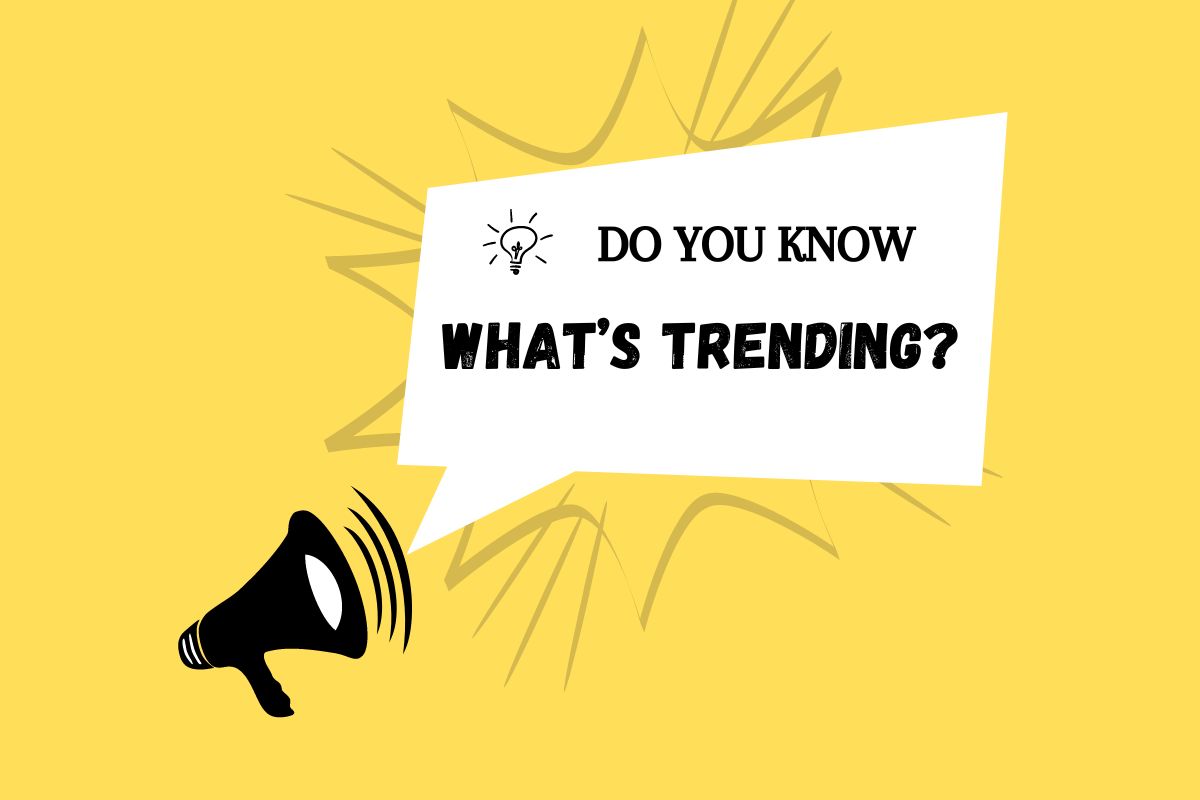France’s Aversion to Coalitions Puts New Government at Risk of Early Collapse
In a dramatic turn of events, France’s political landscape is facing significant instability as the nation’s distaste for coalition governments threatens the longevity of any newly formed administration. This development has dominated today’s Google search trends, capturing widespread interest and concern. For more detailed information, you can refer to The Guardian’s comprehensive article.
The Political Context
On July 9, 2024, France held a snap election that resulted in three political blocs emerging with roughly equal power. Despite the apparent necessity for collaboration, France’s political leaders have categorically rejected the notion of forming coalitions. This stubbornness has raised the specter of a no-confidence motion, which could lead to an early collapse of any nascent government.
The Election Breakdown
The election produced a fragmented Parliament, with no single party or bloc achieving a decisive majority. The three main blocs are:
- The centrist party led by President Emmanuel Macron.
- The far-right faction spearheaded by Marine Le Pen.
- The left-wing alliance under Jean-Luc Mélenchon.
Each of these groups holds roughly equal power, making it almost impossible for any single bloc to govern effectively without some form of alliance.
The Aversion to Coalitions
Historically, French politics has been characterized by a strong aversion to coalitions, seen as unnatural alliances that compromise ideological purity. This attitude persists despite the evident need for cooperation in a fragmented Parliament.
Risks of No-Confidence Motion
The refusal to form coalitions sets the stage for extreme political instability. Without the ability to forge alliances, any new government is immediately vulnerable to a no-confidence motion. In France, a no-confidence vote can be initiated if at least one-tenth of the National Assembly’s members submit a motion. If the motion is passed by an absolute majority, the government must resign.
The Implications
The potential for a no-confidence motion looms large, threatening to plunge the country into another political crisis. This instability could have far-reaching implications, not only for domestic policy but also for France’s standing on the international stage.
Reactions and Reviews
Political analysts are sounding alarms over the potential fallout. According to a report by Le Monde, the current situation is "a ticking time bomb that could explode at any moment." Meanwhile, financial markets have shown signs of volatility, reflecting investor anxiety over the political uncertainty.
Historical Context
France’s aversion to coalitions isn’t a new phenomenon. The country’s political history is replete with examples of failed alliances and splintered governments. The Fifth Republic, established in 1958, was designed to provide strong executive power precisely to avoid the instability that coalitions bring. However, this design is now being tested like never before.
Public Sentiment
Public opinion is divided. A recent poll by Ifop revealed that 58% of French citizens support the idea of coalition governments as a necessary compromise, whereas 42% remain staunchly opposed. This division mirrors the political fragmentation seen in the Parliament.
International Perspective
Internationally, the situation is being closely watched. France is a key player in the European Union, and political instability within its borders can have ripple effects across the continent. European Commission President Ursula von der Leyen expressed her concern, stating, "Political stability in France is crucial for the stability of the European Union as a whole."
Additional Information
Some additional insights can be gleaned from recent comments by political experts. According to Gérard Larcher, President of the French Senate, "The lack of willingness to form coalitions is not just a political issue; it’s a cultural one. French politics has always been about clear choices and strong leadership."
On social media, the hashtag #FrenchPolitics has been trending, with users expressing a mix of concern and frustration. One Twitter user commented, "France needs to evolve its political culture. The world is changing, and so should our approach to governance."
Conclusion
The current political impasse in France highlights the challenges of governing in a fragmented landscape. The steadfast refusal to form coalitions places the country at significant risk of political instability and an early governmental collapse. As the situation unfolds, both domestic and international observers will be closely watching for any signs of compromise or further escalation.
For more detailed information on this developing story, you can refer to The Guardian’s article. This news has been highly trending on Google search today, reflecting the widespread concern and interest in France’s political future.
As France navigates these turbulent waters, the question remains: Will its leaders find a way to bridge their differences, or will the country’s aversion to coalitions lead to yet another political crisis? Only time will tell.


































